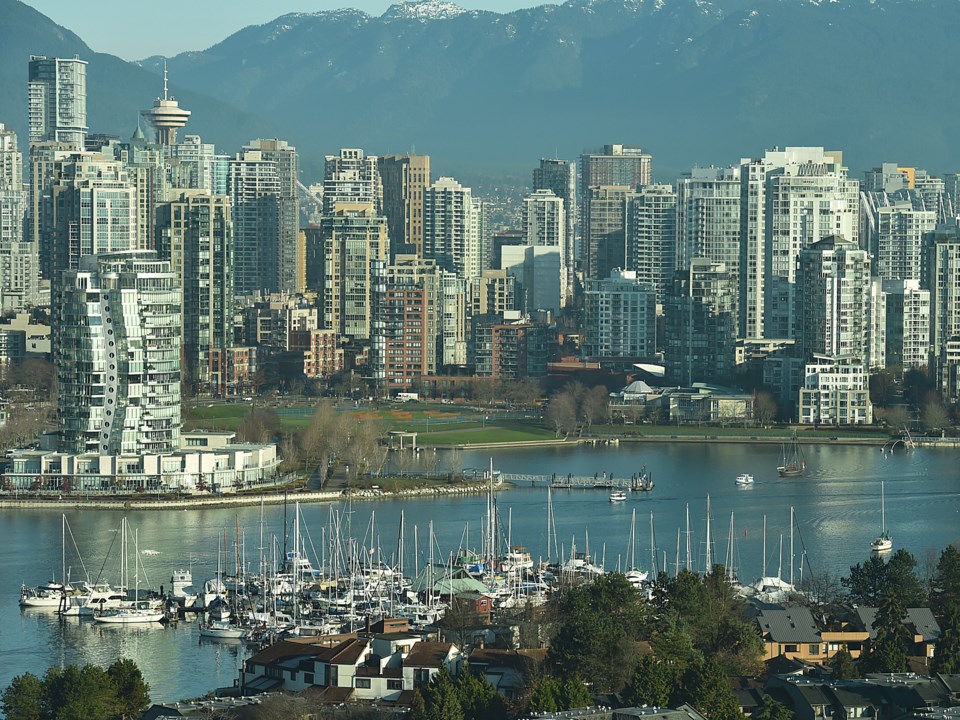As �鶹��ýӳ��city council winds down its business before the summer break, it is perhaps a good time to reflect upon some bigger questions about the future of our urban region and what role, if any, our local government might have in it.
Like it or not, we depend upon those we elect to high office to help set the course for our country, regions and cities through public policy. When I look at Canada’s crop of federal party leaders, however, I sense that they have all but abandoned our urban centres in their quest for political power.
Apart from some lip service around housing and transportation infrastructure, none of the major parties have so far released anything that amounts to an urban agenda.
The same goes for our provincial political parties, who are duking it out for support in either in the suburban or rural ridings, and generally take their urban voters for granted.
The closest thing to an urban policy emanating from provincial parties — if you could call it that — is the fracas over ride hailing services like Uber and Lyft.
We are therefore reliant on the direction set by local governments, and some of the personalities therein that dominate the discussion.
Yet, what do we have that amounts as any kind of future vision from �鶹��ýӳ��city council after eight months in office? I would say not much, actually.
�鶹��ýӳ��council’s turned out to be their rejection last month of a single 21-unit townhouse development in the tony Shaughnessy neighbourhood. It felt like a triumph of politics over sound policy, like the kind we so often see in city council chambers everywhere.
Council may have fumbled with the rejection of the Granville Street townhouse development, but they have enormous designs unfolding for the future of �鶹��ýӳ��that we all might want to pay attention to.
A recently tabled 40-page report back to council on the pending for Vancouver, coupled with an even longer slide presentation from city planner Gil Kelley, might be described as “ambitious” by some and utterly unachievable by others.
Last November, council directed staff to come up with a city-wide planning process, partly as a way to wipe the slate clean after nearly a decade of governance by the activist Vision �鶹��ýӳ��party. The plan was framed as a way to recognize “the urgency of the housing affordability and accelerating climate change crises.”
What Kelley came back with is a three-year process that will require the effort of dozens of staff and will cost $18 million. While some will cheer the idea of more meetings, more staff and even more delays in decision-making, others might ask what council actually aims to accomplish with the plan.
By its own admission, the City of �鶹��ýӳ��has been planned seven ways to Sunday — going as far back as the 1920s by Harland Bartholomew, and later in the 1990s and 2000s through the CityPlan process, the subsequent development of multiple neighbourhood plans, and an extended visioning process for the downtown area.
Notwithstanding the age of some of those documents, many neighbourhoods have been resilient enough to adapt to new building types and densification.
When it comes to growth, however, the City of �鶹��ýӳ��has been a relative laggard. Just look to neighbouring Burnaby, for example, with its four booming town centres dotted by new 55-storey towers.
For all its well-intended references to stakeholder groups, First Nations reconciliation, cultural inclusiveness and working with regional governments, one line in Kelley’s report leaps out at me.
“The Whole City is the Audience.”
In other words, all 630,000 of us Vancouverites will be asked to weigh in. This is what you call public consultation on steroids.
It pains me to think that after years of effort and millions of dollars of our money being spent, this planning process will not go near the major challenges �鶹��ýӳ��faces.
Ultimately, the city-wide plan will not take on homelessness, opioid addiction, housing affordability, improving public infrastructure, our ability to keep public places clean and inviting, or support Vancouver’s economic viability.
We will all get to talk though, so get ready for a lot of it.
��
��



